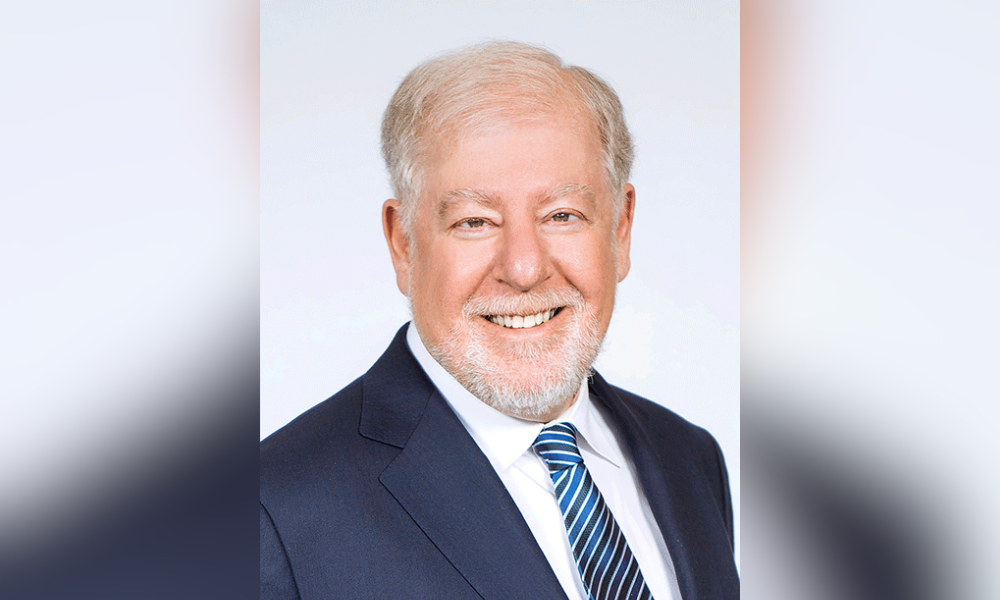President of Wealth Management Firm shares why US economy has been "lucky" and why the Bank of Canada is "between a rock and a hard place"

While yesterday’s Federal Reserve decision to hold rates steady was widely expected by analysts, in the context of a still-uncertain economic picture advisors may need to reset their assumptions. David Baskin, Chairman and President of Baskin Wealth Management in Toronto, explained why he thinks the Fed is confident in maintaining a higher interest rate, as well as the various additional forces that could impact the Bank of Canada’s decision next month.
“So far, they’ve been very lucky,” Baskin says when asked about his confidence in a US ‘soft landing.’ “They’ve been lucky with employment, and the fact that job openings are still pretty strong I think gives them confidence to keep rates higher.”
Baskin expressed concern, however, about the recent decision by OPEC to cut production and raise fuel costs—a headline number for inflation—as well as the impact of any settlements coming out of the United Auto Workers (UAW) strike, which could have implications for other major unionized sectors in the United States. Nevertheless, he sees the US economy as having been relatively lucky.
Conversely, he sees the Bank of Canada “between a rock and a hard place.” The key underlying drivers of the higher-than-expected inflation rate this week were the cost of fuel and the cost of mortgages and rents. Baskin notes that the Bank of Canada can’t change global gasoline prices, and a rate increase would actually cause those housing costs to rise. Moreover, even the rising cost of food in Canada is tied to external factors, the price of fuel, and the dairy and poultry marketing boards.
“You have to ask yourself, ‘what would they actually achieve by raising rates?’,” Baskin says.
The new consensus of ‘higher for longer’ interest rates does offer a degree of opportunity for certain clients, Baskin believes. He notes that for many of his older clients, there is now an opportunity to lock in attractive yields on corporate bonds that haven’t been this high for over 15 years. He notes that 5.75% - 6.25% yields on 36-month duration good quality corporate bonds are now a possibility, where rates that high would have been unimaginable even 18 months ago.
In terms of equities, Baskin notes that a higher interest rate environment should drag on ‘asset-heavy’ companies in sectors like utilities, while ‘asset-light’ companies with lower debt levels in sectors like tech may prove attractive, as they have for investors for much of this year. He notes, however, that as more investors flock to big tech advisors should be asking if the prices for those stocks have become prohibitive.
Following the announcement, Fed chair Jerome Powell signalled the likelihood of another rate hike this year, somewhere between 0.25% and 0.5%. Baskin noted, however, that each subsequent rate rise should be seen as less consequential, as it represents a smaller overall percentage increase in the benchmark rate. He hopes that the era of equity market ‘tantrums’ following rate increases might be over.
In the context of a ‘higher for longer’ environment, Baskin believes that advisors should be resetting their idea of “normal” interest rates. The negative-rate period between 2018 and 2022, he notes, was highly abnormal.
“We certainly never had mortgages at 2%, and to think that we’re going to normalize back to that level is a mistake,” Baskin says. “I think advisors should be conditioning their clients back to an environment where the prime rate is 4%, because if you’re waiting for 2% you’re going to wait for an awfully long time…Similarly, we’re not going back to a place where P/E multiples on stocks go through the roof because people can’t make money on bonds. Now people can make money on bonds the demand for stocks has to go down.
I think that smart advisors have to make their clients understand there has been something of a sea change in the last year.”



